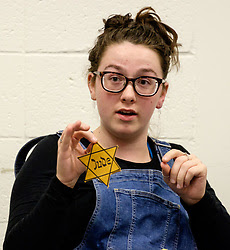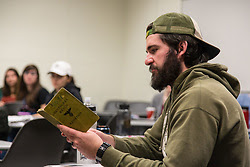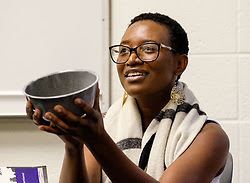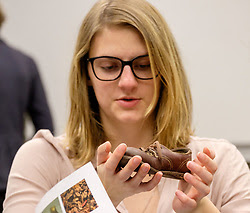Holocaust and Genocide Studies Learning Outcomes
1. Students will locate the Holocaust and other genocides in their historical and cultural contexts.
2. Students will identify and critically reflect on moral, spiritual, and ethical issues that are central to learning about, and from, the Holocaust and other genocides, including dehumanization, complicity, and resistance.
3. Through engaging with and analyzing written texts, images, monuments, and other cultural and artistic phenomena students will demonstrate an understanding of the diverse perspectives of those who experienced and drew meaning from the Holocaust and other genocides.
4. By reflecting deeply on the Holocaust and other genocides students will challenge and complicate their own assumptions about human behavior and decisions and enhance their own capacities for critical self-reflection and ethical decision-making.
5. Throughout the program, students will practice and strengthen their intellectual and civic skills, including the ability to participate in thoughtful and challenging discussion, to write clearly, to build and explain complex arguments, to locate and use evidence ethically, and to advocate for the rights and dignity of others.
~~~~~~~








Social Media